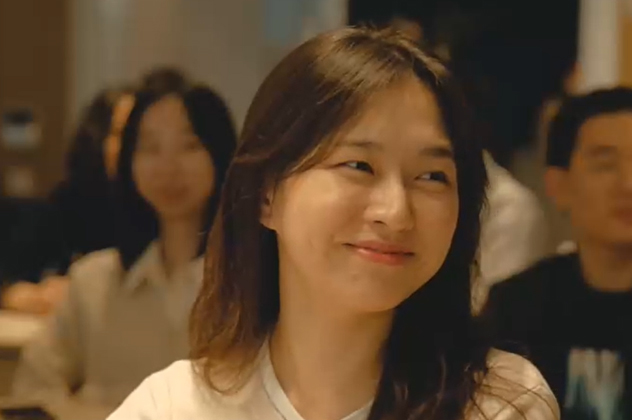Empowering workers in Seoul and Busan with AI and cloud skills

South Korea is emerging as a technological hub of Asia with the development of AI-scale datacenters in Seoul and Busan. To ensure that everyone can benefit from career opportunities in technology, Microsoft and Korea Polytechnic University (South Korea’s public vocational institution) have collaborated on a series of AI and cloud computing programs in Seoul and Busan. The programs are designed to help students of all ages and backgrounds access a career in the rapidly growing AI and cloud computing sector.
Bringing accessible technology training to Seoul and Busan
To foster a more inclusive workforce, Microsoft and Korea Polytechnic University are offering programs designed to make technical education accessible for all. These programs target populations underrepresented in the tech workforce, including women, people without a high school diploma, unemployed graduates, and laid-off mid-career workers.
The AI Express Seoul and Gyeonggi program offers an in-depth course on Microsoft solutions for students at Jeongsu, Gwangmyeong, and Bundang campuses. The program is designed to nurture future IT talents and offers two tracks:
- A focused AI and cloud skilling program tailored to specific areas of study.
- A career-focused program targeting women, with 40 hours of AI and cloud skilling and 20 hours of job readiness training such as mentoring, resume consulting, and communication skills. This track culminates in an optional hackathon, offering students a platform to showcase their skills to potential employers.
The AI Express Busan initiative brings AI and cloud skills training to Busan. These programs cover Microsoft cloud services, the Microsoft Azure platform, and related AI technologies. Microsoft worked with to develop lectures on Microsoft Cloud AI for major and non-major students.
To bring cloud and AI skills to as many people as possible, AI Express Busan offers a variety of programs for high school students and mid-career professionals, technical and non-technical majors, and even technology educators:
- A Microsoft-sponsored AI skilling program providing training for 100 young job seekers. Students can prepare for the AI-900 certification and work on projects related to their areas of interest.
- Microsoft Cloud AI training for students at specialized high schools. This program enables students to combine their major subjects with cloud AI technology and create a portfolio for employment. On July 4, 2024, over 90 high school students gathered to showcase the skills they had learned at the Microsoft Cloud Adoption Strategy Hackathon. The COPPA team from Busan Software Meister High School won the top prize for their custom item recognition model designed to ease congestion and shorten payment lines at the school cafeteria.
- A Training the Trainers program on AI and cloud skills to expand training to a larger audience. This educator training will support a pilot engagement at four campuses in Busan and Seoul projected to reach an additional 1,000 students with AI and cloud skills training.
These programs are part of a sustained investment to build local talent across Seoul and Busan in cloud and AI skills. In addition to the regular course in Microsoft Cloud AI, Korea Polytechnic University campuses offer hands-on training in specific Microsoft cloud and AI technologies, such as Azure Open AI (a specialized technical coding course) and Power Platform (a no-coding or low-coding alternative for practical AI skills). Building on the success of these programs, Korea Polytechnic University Seoul Jeongsu campus plans to launch a Cloud Computing department in 2025.
Together, these programs bridge the digital divide in Seoul and Busan. With access to AI and cloud computing skills, people of all backgrounds can participate in South Korea’s flourishing tech economy.
“We used Microsoft Azure custom vision to learn AI, and it was easier to implement than using coding like the existing TensorFlow, and we applied cloud technology using an AI model to the inconveniences we felt in real life.”
—Kang Si-woo, a student from Busan Software MeisterGo and COPPA team on the team’s award-winning AI item recognition model

